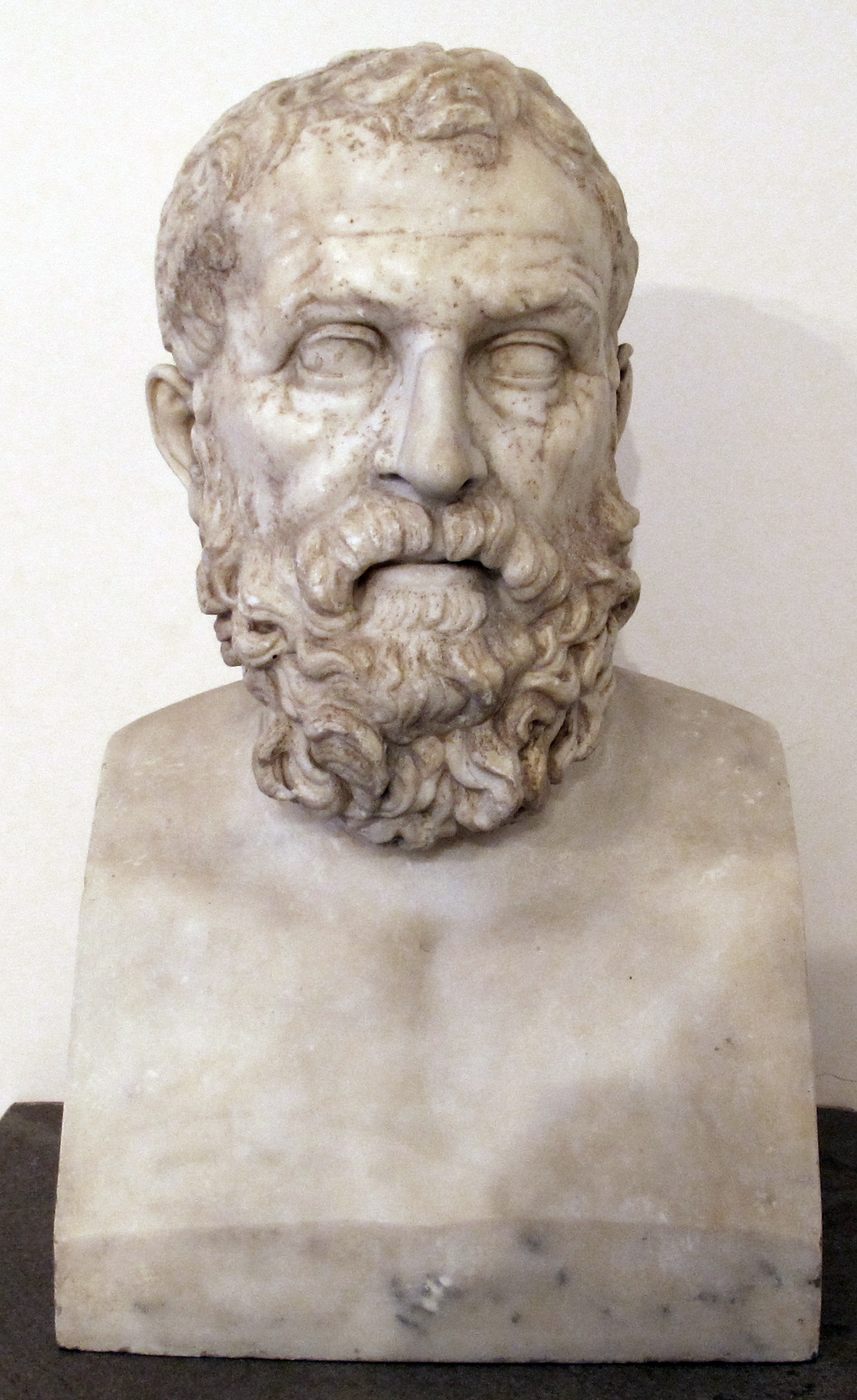Solón Berühmte Zitate
„Achte auf das Ende bei einem langen Leben.“
gemäß Ausonius, Ludus septem sapientum (Prolog)
Original griech.: "ὅρα τέλος μακροῦ βίου"; spr. "hora telos makru biu")
(lat.: "specta finem longae vitae"
"Denn bei jedem Ding muss man auf das Ende sehen, welchen Ausgang es nimmt: schon manchem hat die Gottheit das Glück nur gezeigt, um ihn dann von Grund auf zu vernichten." - gemäß Herodot, Historien 1.32,9 http://www.gottwein.de/Grie/herod/hdt01026.php; zitiert nach: Die Musen des Herodot von Halikarnass, übers. von J.Ch.F. Bähr, Stuttgart (Krais & Hoffmann) 1863
Vgl. "Was du auch tust, handle klug und bedenke das Ende!" - Gesta Romanorum, Cap. 103
(lat.: "Quidquid agis, prudenter agas et respice finem!")
Zugeschrieben
„Gesetze schrieb ich euch, gerechte, welche klar // bestimmen, was dem Guten, was dem Bösen frommt.“
gemäß dem Verfasser der Athenaion politeia 12; zitiert nach Solon: Dichtungen, griechisch und deutsch, hg. und übers. von Eberhard Preime, Heimeran, München 1945
Zugeschrieben
„Sitze nicht zu Gericht, sonst wirst du dem Verurteilten ein Feind sein.“
Original griech.: "Κριτὴς μὴ κάθησο•εἰ δὲ μή, τῷ ληφθέντι ἐχθρὸς ἔσῃ."
Zugeschrieben
Solón: Zitate auf Englisch
“Rule, after you have first learned to submit to rule.”
Diogenes Laërtius (trans. C. D. Yonge) The Lives and Opinions of Eminent Philosophers (1853), "Solon", sect. 12, p. 29.
Herodotus (trans. Robin Waterfield) The Histories Bk. 1, ch. 32, pp. 15-16.
Plutarch Solon, ch. 18; translation by Bernadotte Perrin. http://www.perseus.tufts.edu/cgi-bin/ptext?lookup=Plut.+Sol.+18.1
Having been asked what city was best to live in.
“No fool can be silent at a feast.”
Epictetus, Fragment 71, translated by Thomas Wentworth Higginson. http://www.perseus.tufts.edu/cgi-bin/ptext?doc=Perseus%3Atext%3A1999.01.0237&query=chapter%3D%23192&chunk=book
Diogenes Laërtius (trans. C. D. Yonge) The Lives and Opinions of Eminent Philosophers (1853), "Solon", sect. 5, p. 25.
Diogenes Laërtius (trans. C. D. Yonge) The Lives and Opinions of Eminent Philosophers (1853), "Solon", sect. 13, p. 29.
Plutarch Solon, ch. 27; translation by Bernadotte Perrin. http://www.perseus.tufts.edu/cgi-bin/ptext?lookup=Plut.+Sol.+27.1
“I grow old ever learning many things.”
Plutarch, Solon, ch. 31; translation by Bernadotte Perrin. http://www.perseus.tufts.edu/cgi-bin/ptext?lookup=Plut.+Sol.+31.1
Variant translation: As I grow older, I constantly learn more.
Reported in George Shelley Hughs, Ancient Civilizations (1896), p. 596.
“Consider your honour, as a gentleman, of more weight than an oath.”
Diogenes Laërtius (trans. C. D. Yonge) The Lives and Opinions of Eminent Philosophers (1853), "Solon", sect. 12, p. 29.
“Wealth I desire to have; but wrongfully to get it, I do not wish.
Justice, even if slow, is sure.”
Plutarch Solon, ch. 2; translation by Bernadotte Perrin. http://www.perseus.tufts.edu/cgi-bin/ptext?lookup=Plut.+Sol.+2.1
“Do not counsel what is most pleasant, but what is best.”
Demetrius of Phalerum, "Apophthegms of the Seven Sages," in Early Greek Philosophy, vol. 2 (Loeb Classical Library, volume 525), p. 141
